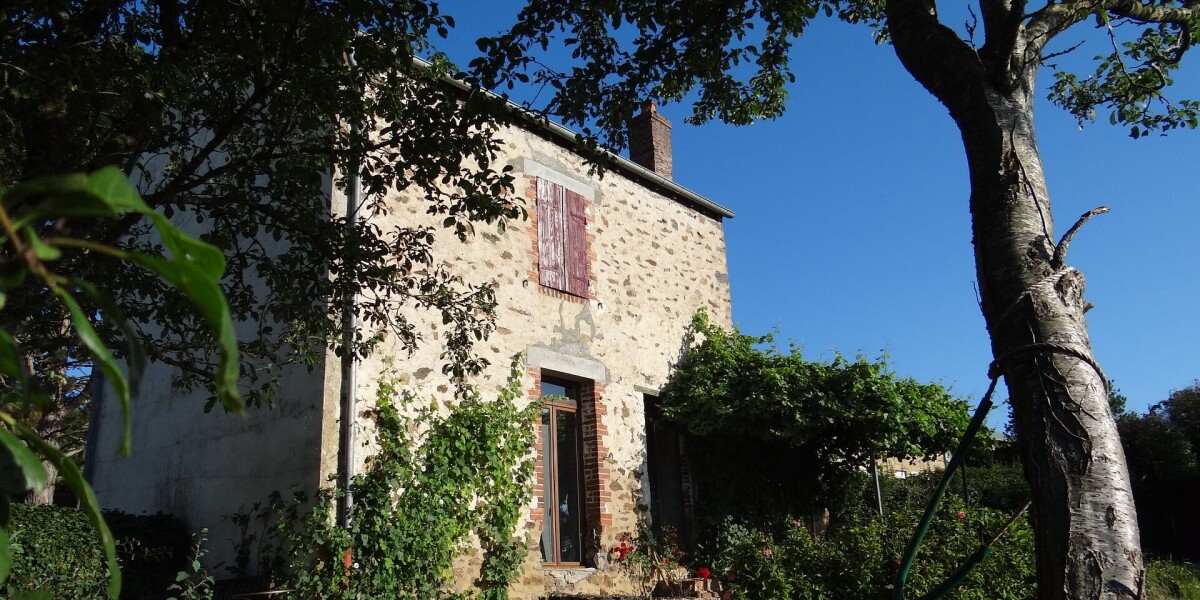
- Select a language for the TTS:
- UK English Female
- UK English Male
- US English Female
- US English Male
- Australian Female
- Australian Male
- Language selected: (auto detect) - EN
Play all audios:
SARAH BRIGHT-THOMAS OF BRIGHT AVOCATS ANSWERS A READER QUERY ON HOW OWNERS DETAIL THE STATE OF THE PROPERTY THEY ARE SELLING READER QUESTION: WE KNOW THAT IN FRANCE PROPERTY SELLERS HAVE TO
DETAIL INFORMATION ABOUT THE STATE OF THE PROPERTY BEING SOLD AND WHETHER THERE ARE ANY ISSUES THE BUYER NEEDS TO BE AWARE OF – BUT HOW DO THEY DO THIS? Becoming a homeowner can turn into a
nightmare if you discover major structural problems you knew nothing about at the point of purchase. Recourse is possible and each year some 6,500 to 8,000 transactions result in litigation
related to these hidden defects, according to the Fédération Nationale de l’Immobilier. By definition, a hidden defect (_vice caché_) is a disorder not visible at the time of sale, but which
affects the property so seriously that it makes it uninhabitable, or reduces its use to the extent that the buyer would not have bought it or would have made a much lower offer if they had
known. But, buyer beware, as the well-worded phrase goes – there is no single way to pass on this information, and a defect mentioned in the real estate deed of sale cannot be a hidden
defect and is considered to have been reflected in the price. It is better, then, to take all possible precautions before concluding the sale – including reading the deeds of sale before
signing, because if such problems are mentioned in the small print, then the buyer cannot say they were not informed. RELATED STORIES Does long absence from French holiday house invalidate
home insurance? Is there an official flooding risk watchdog in France?




